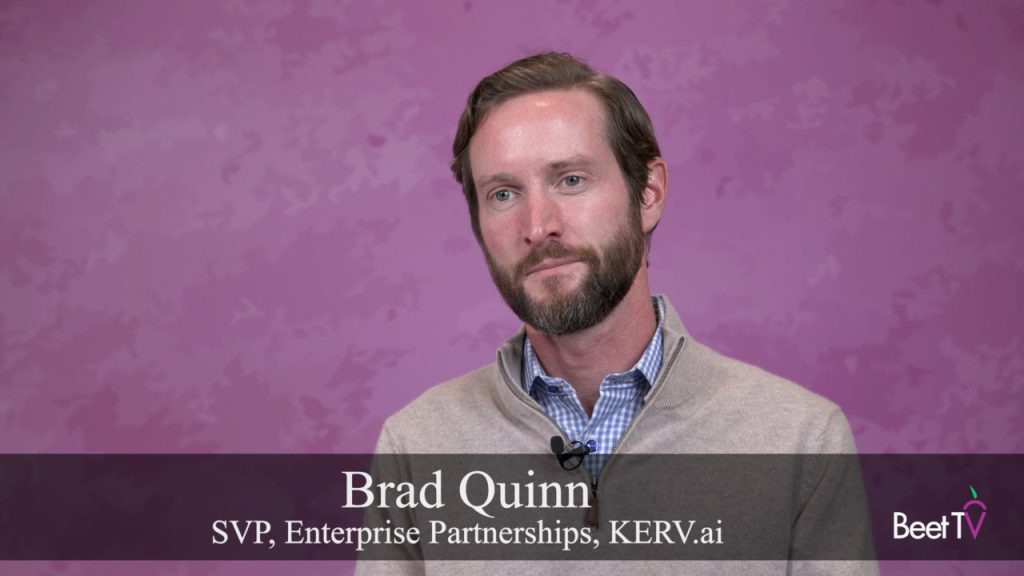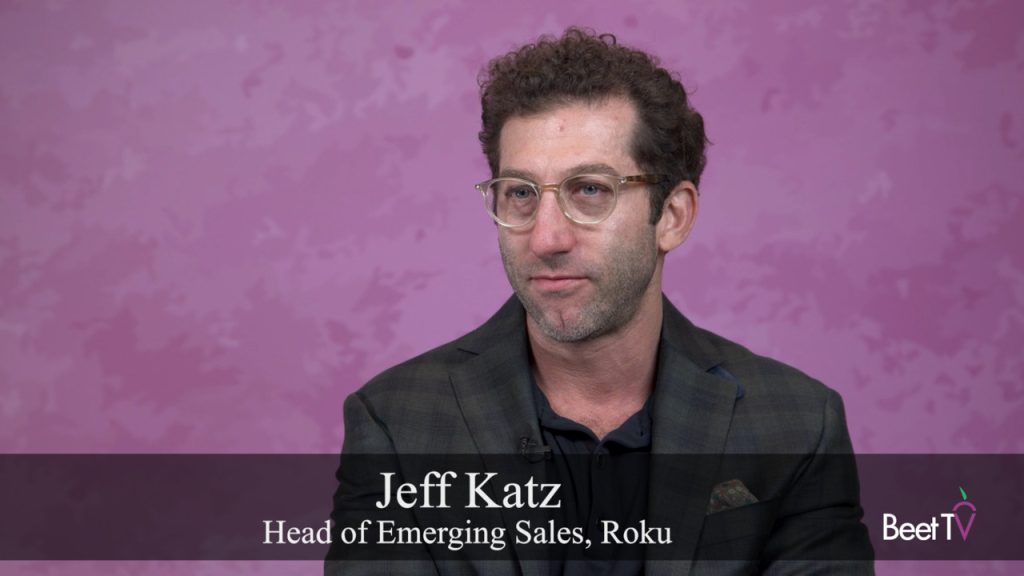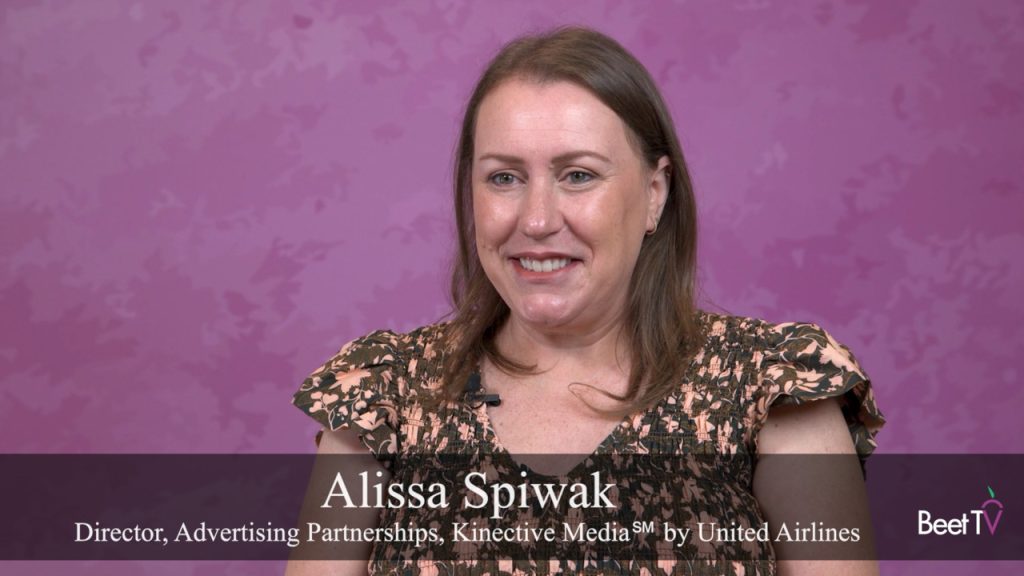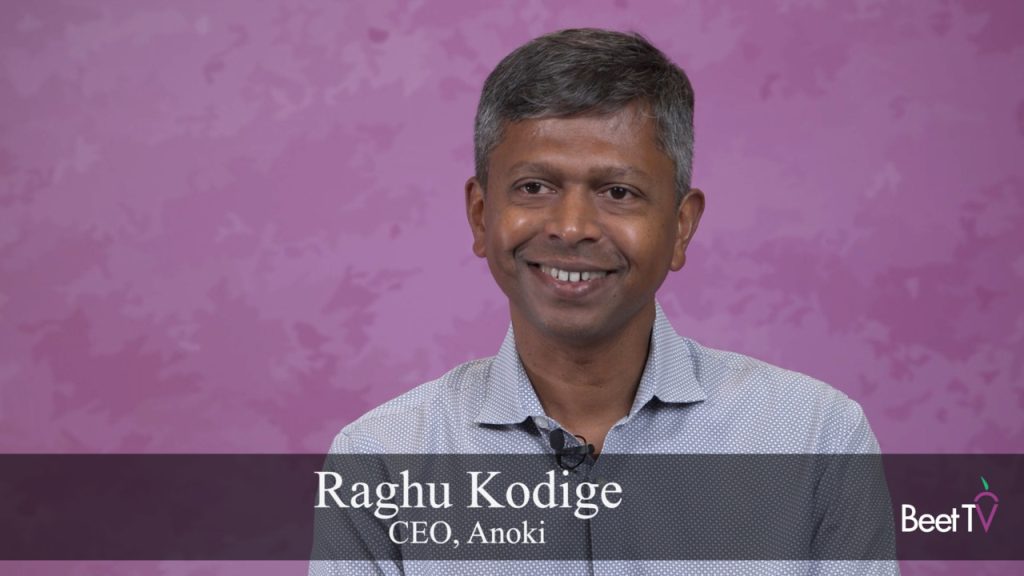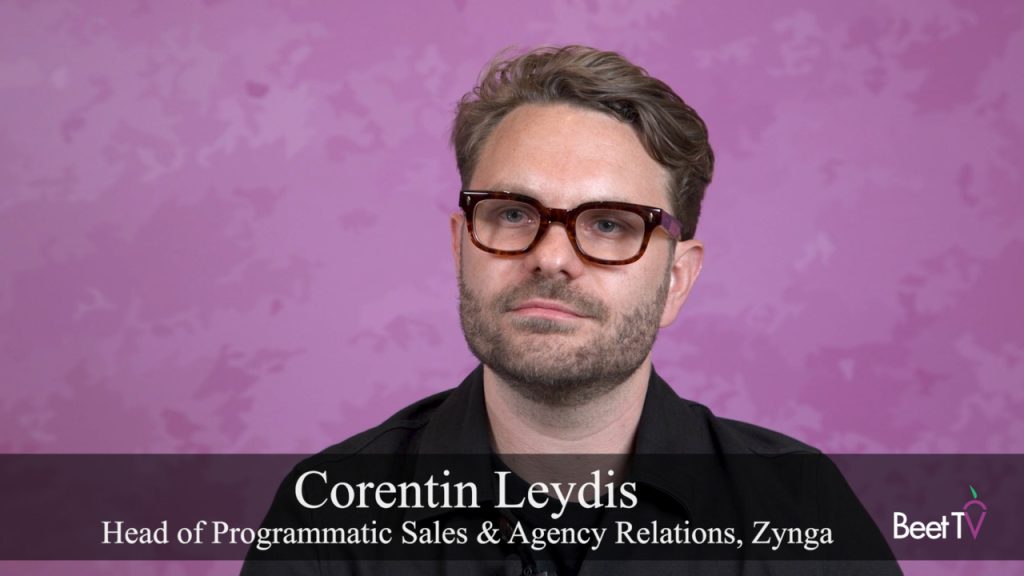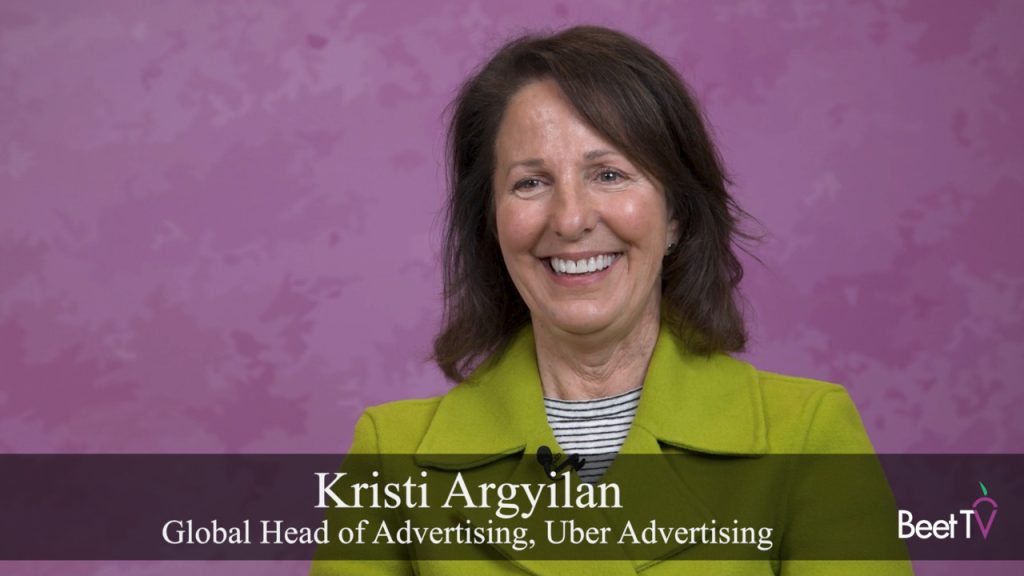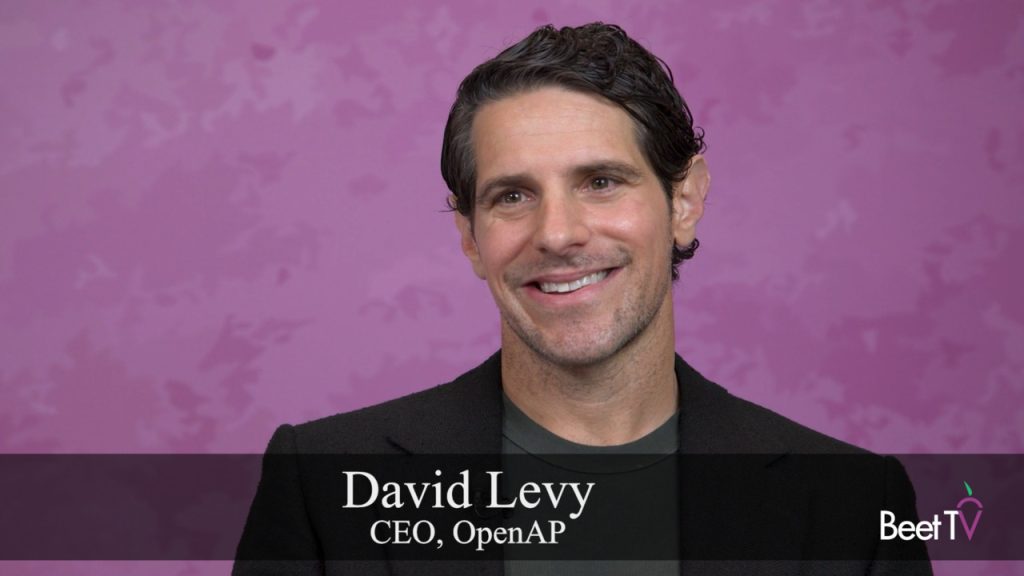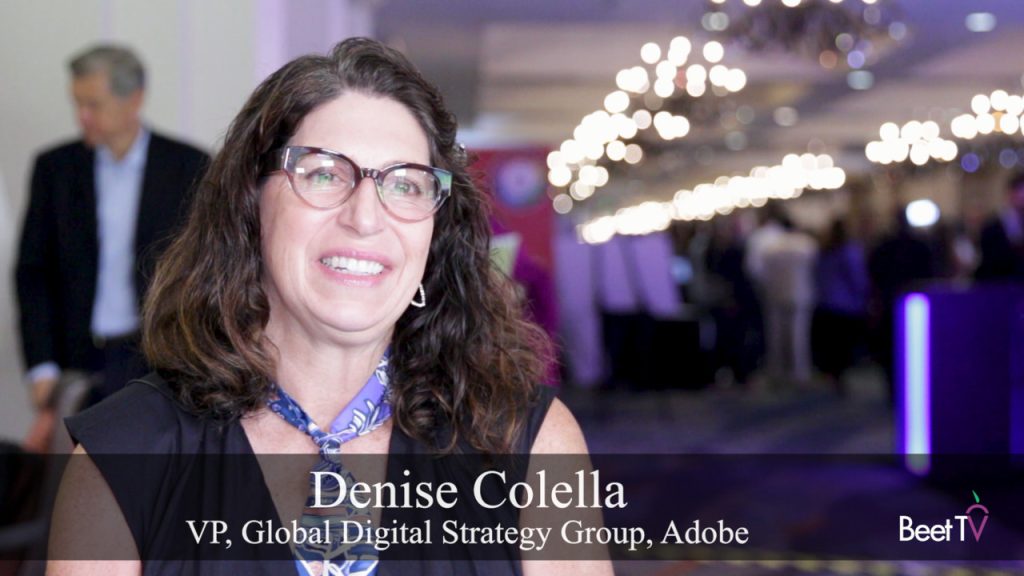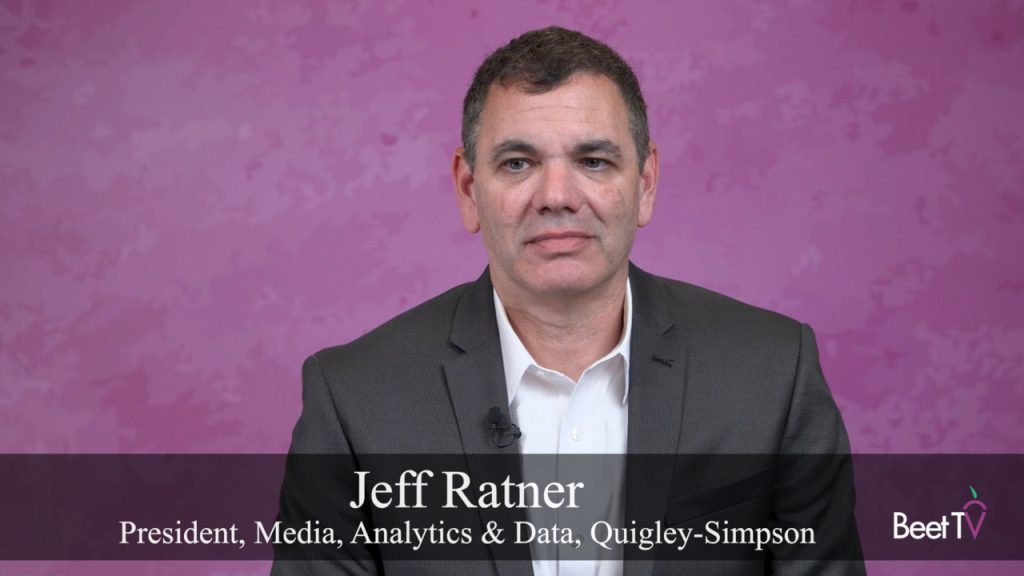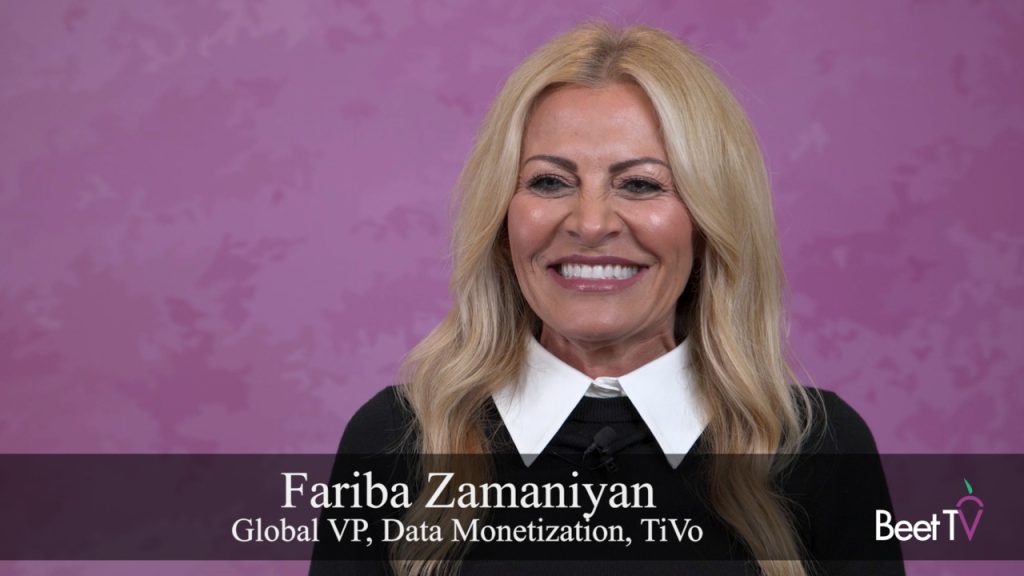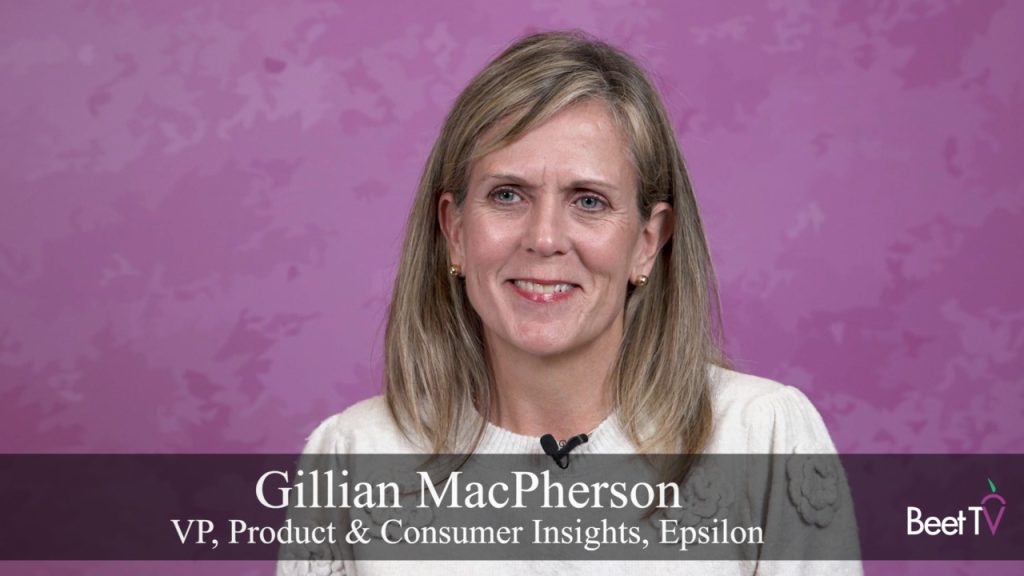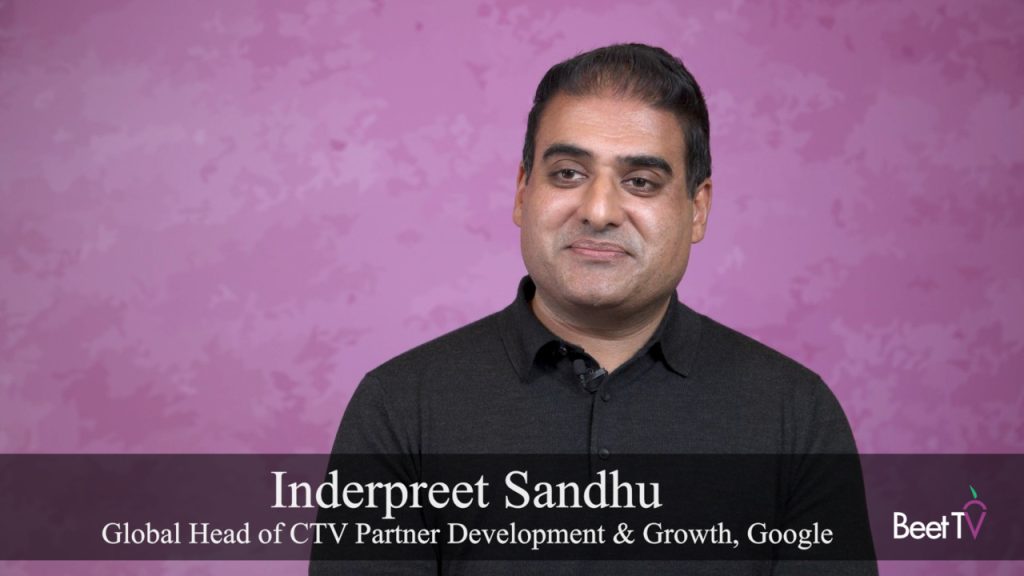There can barely have been a moment in time so filled with anxiety over digital advertising techniques as 2018.
In the last few years since the advent of “programmatic”, many ad buyers have become used to using customer data from a variety of sources to piece together profiles that can target audiences through networks, wherever they may be.
But two mega-trends are causing collywobbles amongst practitioners of these new arts:
- Europe’s new General Data Protection Register (GDPR), taking effect from May 25, with a host of tighter new limits around consent to use European consumers’ data.
- Facebook’s Cambridge Analytica scandal, which has caused a mainstream maelstrom of concern over the extent and use of data swirling around.
As legislators respond. for the man regarded as the arch deal-maker behind the explosion of the advanced ad-tech opportunity, there is a worry that the clock gets turned back on some of the techniques which have enabled so many businesses
“The startling thing about it is, here are our elected politicians, representatives in shock and amazement that, as it turns out, the internet is funded by advertising that’s targeted to the user,” says LUMA Partners CEO Terence Kawaja.
“One of the major concerns here is that we hope the pendulum doesn’t swing too far where proposed legislation doesn’t throw the baby out with the bathwater.”
These Zuckerberg congressional sessions would accomplish more if fewer, better informed questioners had more time. Too much rushed ignorant/irrelevant questions and grandstanding. #AskZuck pic.twitter.com/B6o2poEoPA
— Terence Kawaja (@tkawaja) April 11, 2018
At hearings in Washington DC and Brussels, politicians have been biting lumps of a contrite Mark Zuckerberg.
The Facebook CEO is now talking a better game, full of apologies. But the calls for all kinds of curtailments on Facebook, whilst sometimes misunderstood and often politically motivated, are now raining from all directions.
Kawaja, whose company has brokered $11 billion in ad-tech deals including the sale of Moat to Oracle and Snap’s IPO, fears the worst, that many of the techniques which support today’s advanced ad targeting will be outlawed.
“Yes, consumers have a right to their privacy,” he accepts. “That being said, I don’t think we want to go back to a time when we were guessing – guessing who was watching ads, and being served completely irrelevant ads.
“I think we’ve got to find some kind of balance. The concern is that the knee-jerk reaction of politicians that don’t perhaps have a deep understanding of the issue, that’s an understatement, will in fact legislate too draconian.”
This video is part of a series titled The Consumer First, a New Era in Digital Media presented by MediaMath. For more from the series, please visit this page.
























